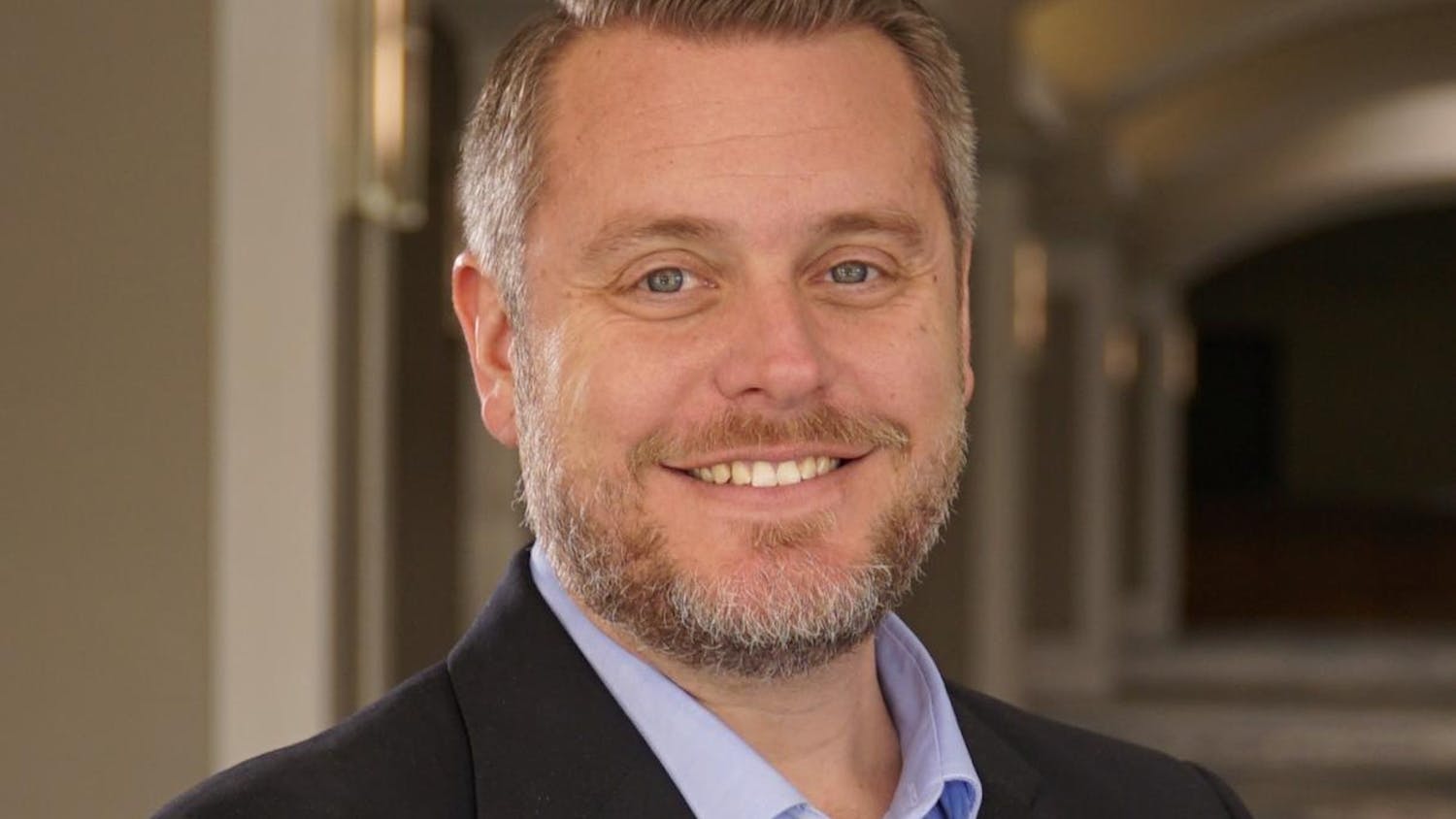Editor’s Note: This is the first of two articles, which explain the constitutional and local amendments on Tuesday’s ballot.
Amendment 1 – Health Care Services
This amendment seeks to prevent the state government from requiring citizens to buy health insurance.
Deirdre Macnab, president of the League of Women Voters of Florida, said the amendment proposal is “like a referendum” for President Barack Obama’s federal health care law.
Tony Carvajal, chief of staff at the Collins Center for Public Policy, said that while it wouldn’t change anything if passed, it would limit the state’s ability to pass similar legislation if the Affordable Care Act is repealed.
“A ‘yes’ vote supports the idea that Floridians should not be required to purchase health insurance,” he said.
Amendment 2 – Veteran’s Property Tax Discount
Disabled veterans who weren’t Florida residents before enlisting could qualify for a property tax discount under this amendment.
Macnab said a “no” vote isn’t against veterans but opposes adding it to the state’s constitution.
Carvajal said the proposal is on the ballot because the legislature wants it to be a “long-term solution.”
Amendment 3 – State Government Revenue Limitation
This amendment seeks to implement a revenue formula considered in 30 states but only adopted in Colorado, Macnab said.
The proposal suggests changing how state spending caps are determined. It would change the determinants from personal income growth to population and inflation data.
Daniel Smith, a UF political science professor, said he moved to Florida from Colorado when the state adopted the policy. He said it prevented states from providing services like public education.
Carvajal said the cap would become solidified in the state constitution, which means the state wouldn’t be able to respond to sudden changes like natural disasters or changes not reflected in population or inflation data, like an influx of students needing college educations.
“A ‘yes’ vote here means restricting growth in spending in the state to no more than the growth in the state that year,” he said.
Amendment 4 – Property Tax Limitations; Property Value Decline; Reduction for Non-homesteaded Assessment Increases; Delay of Scheduled Repeal
This amendment aims to spur on the home-buying market.
Carvajal said the proposal will mainly benefit new-home buyers.
He said backers, like the Florida Realtors Association, claim it provides an incentive for citizens to buy new houses through property tax exemptions. Opponents, like the Florida League of Cities, claim the tax breaks will come at the expense of local governments.
Carvajal said the amendment focuses on whether voters believe private or public investment is more important.
“One way to show what should be the proper size of the government is to adjust the amount of money the government has in their hands,” Macnab said.
Amendment 5 – State Courts
This proposal would give lawmakers power to confirm the governor’s state Supreme Court justice choices, view complaints against justices and override court decisions more easily.
The biggest change is the Speaker of the House could view complaints against judges and act upon them if the Judicial Qualifications Commission doesn’t. The commission is the only body controlling the complaints now.
“It’s reflecting that they have a monopoly of power in Tallahassee, but that’s not even enough,” Smith said of the Republican-controlled legislature.
Amendment 6 – Prohibition on Public Funding of Abortions; Construction of Abortion Rights
Fueling a prominent national debate at the state level, Amendment 6 intends to ensure no state tax dollars fund abortions. The amendment proposal would also require parental consent for minors to get abortions.
Religious-based groups, like the Catholic Church, are pushing to pass the amendment.
Sheila Hopkins, Florida Conference of Catholic Bishops associate director for social concerns/respect life, said few exceptions, like incest, rape or danger to the mother’s life, are acceptable conditions for abortion.
She said this amendment would be “protecting the status quo” because no state revenue is used to pay for employees’ elective abortions.
Staci Fox, CEO of Planned Parenthood of North Florida, said a “no” vote protects the rights of female state workers who would elect for abortions.
Fox, also, said a 2004 amendment currently requires parental notification — not consent — for minors’ abortions.





